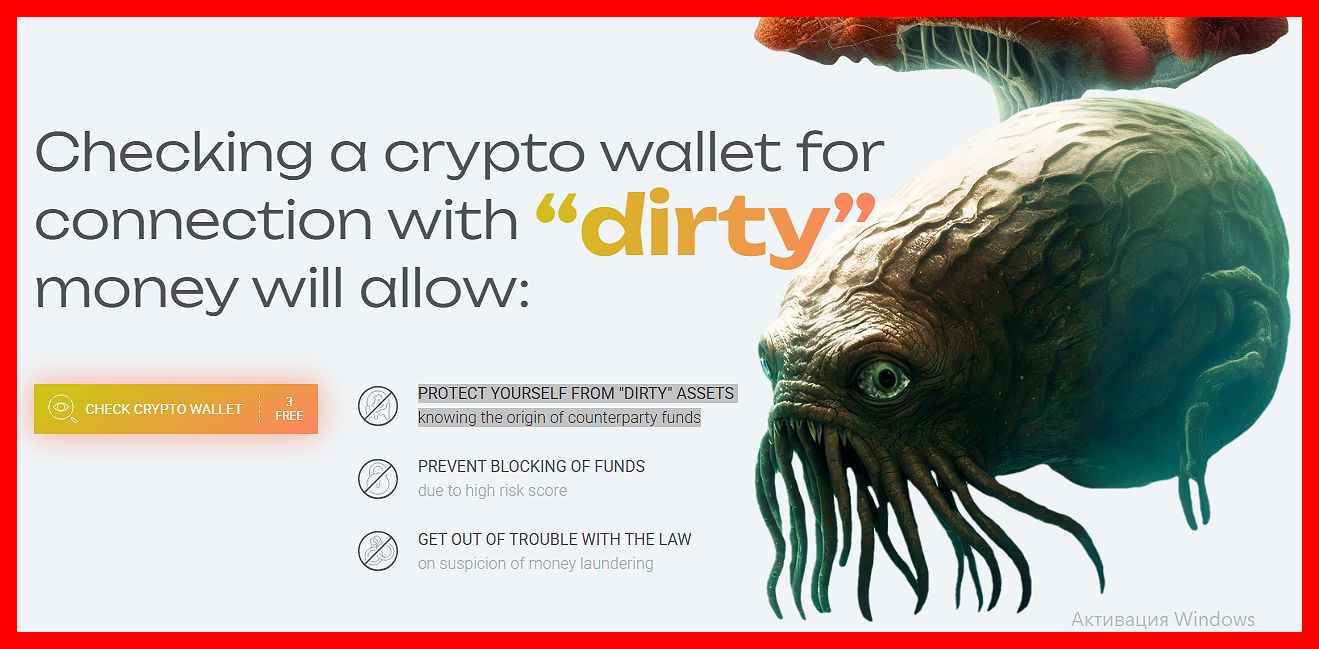Virtual currencies are to be regulated across the EU. Because it can hit all kinds of wallets, the EU threatens to become a no-go area for Bitcoin startups
 What can go wrong? With the right regulation, the Bitcoin industry can stand out in ER EU.
What can go wrong? With the right regulation, the Bitcoin industry can stand out in ER EU.
According to Paris, Brussels, Istanbul, the EU Commission exacerbates the regulations for money laundering and terrorist financing. In the course of this, it also announces the long-awaited EU-wide regulation of virtual currencies. The fact that, in addition to Bitcoin trading places, online wallets should also be subordinate to the money laundering regulations, could lead to an EU-wide clear cut of the Bitcoin industry. 
So now she comes, the EU-wide regulation of virtual currencies. It comes inconspicuously and rather irrelevant in a press release from the EU Commission and as part of the EU action plan against terrorist financing, but can have drastic consequences for the entire Bitcoin industry of the EU.
The war against tax avoidance, money laundering and terrorist financing begins, the commission’s press release is one of the priorities of the Junker Commission. After the terrorist attacks of this and last year have spread in Europe, the Commission now wants to expand the anti-money laundering laws in order to further contain the financing of terror-and with it also tax avoidance-. While the Commission announced in January that it is not striving for a stricter regulation of cryptocurrencies because there is no evidence that they are used in terrorf financing, she now plans to regulate virtual currencies:
In order to prevent the abuse of virtual currencies for money laundering and terrorist financing, the Commission proposes to subordinate platforms for the trade in virtual currencies and the providers of trusted accounts of anti-money laundering directives. These entities have to check their customers carefully if they exchange virtual currencies in order to end the anonymity associated with such platforms.
The fourth directive: the framework of the EU’s anti-money laundering rules
Technically speaking, Bitcoin companies will in future be subject to the will of the EU Commission to combat money laundering in the future to combat money laundering. I try to explain what that means: The fourth directive is something like a bundle of homework that the EU countries have to implement between June 2015 and June 2017. It expands the third directive, which represents the core of the EU regulations against money laundering and has been in force for a long time. Among other things, this stipulates that
- Cash payments only up to 15.000 euros are allowed,
- A number of companies – such as financial service providers, lawyers, notaries, brokers and casinos – are considered “obliged entities”
- and as such have to fulfill the following obligations:
- Identify customers and verify the identification
- Observe the financial transaction of customers
- Refund about the authorities if there is suspicion of money laundering or terrorist financing.
The fourth directive exacerbates this framework: it lowers the threshold of permitted cash payments to 7.500 euros, also raises tax avoidance to the reporting suspicion and extends the “obliged entities” with the entire gaming industry-and, after the latest update of the EU Commission: Bitcoin company.
This would officially regulate cryptocurrencies across the EU. For most platforms on which bitcoins are traded for euros, the difference remains manageable. They have been sticking to the common anti-money laundering regulations for years. Old coin exchanges or P2P platforms such as localbitcoins from Finland, on the other hand, usually operate without such anti-money laundering measures and will no longer be allowed in this form in the EU. Especially with localbitcoins – for a long time prohibited in Germany – a worldwide successful company will either have to close or leave the EU.
Suitable to trigger the Exodus of the Bitcoin industry from the EU
However, the Commission’s proposal is the most drastic. However, the representatives of the group, which is defined as “operators of virtual trust wall” (Virtual Currency Custodian Wallet Providers). This, according to a FAQ for the press release, ..
… keep accounts with virtual currencies on behalf of their customers … in the world of ‘virtual currencies’ they correspond to a bank or another payment institute that offers payment accounts.
Or, let’s say it: almost everyone. It is difficult for me to find a relevant Bitcoin company that does not belong in this group. If Bitcoin startups do not change bitcoins to euros, keep Bitcoins for customers and do something with it. You just work with crypto money, by definition.
A press officer of the Commission affirmed by email that the EU Commission has found “the right balance” with these plans and “avoids disturbing the developing market”. In fact, the subordination of Wallets under the anti-money laundering directive is suitable to drive the Bitcoin economy almost entirely from the EU.
No one worldwide will be ready to fully verify yourself for an old coin exchange, an online wallet or another service that keeps bitcoins in trust and also accept that the company spies behind you. Alone for reasons of data protection. If the Commission’s proposal is waved through by the European Parliament and the Council of Minister – which is quite likely – the EU faces one of the world’s strictest nationwide regulatory works for virtual currencies, which in some parts still goes beyond the controversial New York bition.
The application of the fourth directive to both Bitoin trading places and wallet operators threatens to trigger the Exodus of the Bitcoin industry from the EU zone. Countries such as Switzerland, Great Britain, Panama, Canada, Hong Kong or Singapore will receive the startups with open arms. For customers from the EU space, this no longer means, but less security, no longer for the tax offices, but less income, and no longer for the supervisors, but less information.







